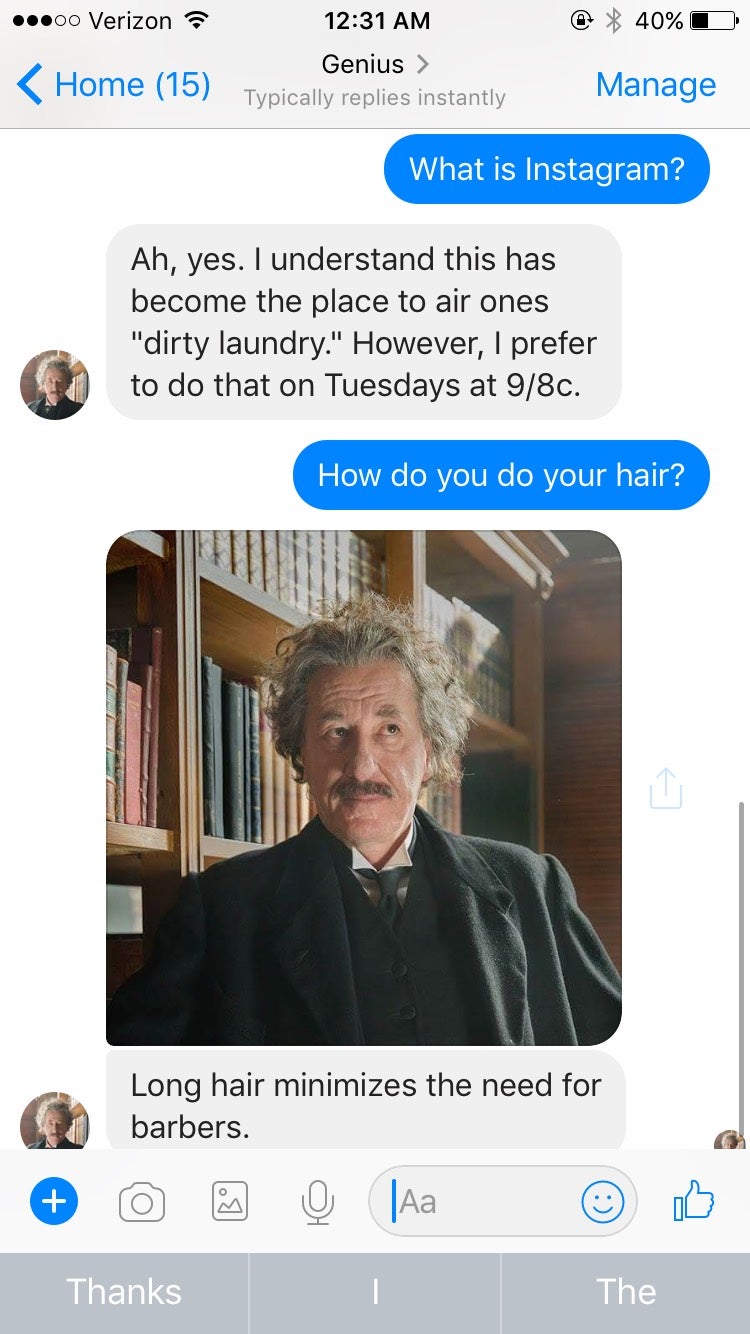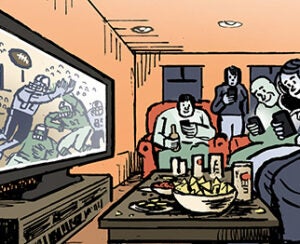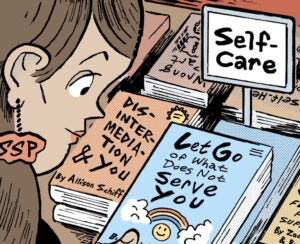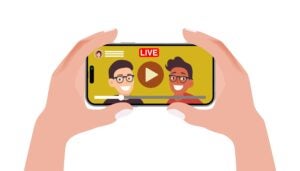National Geographic isn’t obsessing over the metrics for its Albert Einstein Facebook Messenger bot.
“We want this to be fun – and if you try to measure ROI on something like this, you’re just setting yourself up to fail,” said Dennis Camlek, EVP of strategy and consumer marketing at National Geographic.
Nat Geo launched the bot as part of an ongoing promotion for its scripted TV series, “Genius,” the first season of which tells the story of Einstein’s unexpectedly steamy love life.
The chatbot, which Nat Geo created with help from 360i and bot development platform Imperson, lets viewers engage in a conversation with the famous physicist via bot incarnation that playfully and irreverently answers questions in what sounds like his tone of voice.
Ask “How do you do your hair?” and Albert responds with an image of himself as played by Geoffrey Rush and the observation that “Long hair minimizes the need for barbers.” Ask “What is Instagram?” and it rejoins, “Ah, yes. I understand this has become the place to air one’s ‘dirty laundry.’ However, I prefer to do that on Tuesdays at 9/8c.”
The point is to generate awareness and entertain rather than transact or complete a discrete action, said Layne Harris, 360i’s VP and head of innovation technology.
“We’re seeing a lot of brands focusing on utility, like getting PayPal or FedEx notifications through Messenger, as people warm up to the behavior of interacting with a bot,” Harris said. “But this is intended to mimic the human experience, to give you the sense that you’re talking to a real entity.”
Despite a slight textual uncanny valley effect that comes from live chatting with the long-dead genius, the bot does a decent job of simulating the ebb and flow of a real conversation.
Although natural language can get a little awkward for transactional bots – and irritating for the human on the other end if the bot can’t resolve a particular problem – conversational bots have a little more leeway.
 If the Albert bot doesn’t know the answer to a question, it says, “Ach, I must have misunderstood. Please excuse my poor English,” or it can change the subject, just like an actual person might do.
If the Albert bot doesn’t know the answer to a question, it says, “Ach, I must have misunderstood. Please excuse my poor English,” or it can change the subject, just like an actual person might do.
Since launching in April to coincide with the “Genius” premier and the March for Science in Washington, DC, that same month, 360i has been updating the chatbot with content related to each episode’s plot as it airs.
The bot also proactively messages followers with tantalizing messages to try and draw them back into the show’s narrative.
Before one recent episode, for example, Albert messaged its followers to say, “I’ve made a big mistake.” When users responded to ask what it meant, it turned out Albert was referring to an infidelity that had happened on the previous episode.
“Tactics like the chatbot are almost like a way to retarget, to engage and reengage people, a way to get the word out,” Camlek said.
National Geographic used the bot to remind viewers that Rush, who plays the older Einstein, was returning for the finale on June 20 after a several-episode hiatus when the show delved into Albert’s younger years.
Although 360i declined to share how many people have engaged with the Genius chatbot so far, it has seen a 50% reengagement rate with users, who are spending between six and eight minutes chatting with the bot.
Users are interacting with the bot 11 times on average, which is more than twice the industry benchmark for chatbot engagement. Users typically only engage in one conversation with a bot before abandoning the experience, according to conversational analytics tool Botanalytics.
But National Geographic isn’t measuring the bot’s impact on conversions or tune-in. That’s a job for the other hard-working media Nat Geo’s thrown into the mix for “Genius” since January, such as the synchronized Apple News notifications it sent out with Einstein-related content pegged to its Super Bowl spot.
Nat Geo launched its Einstein chatbot to generate buzz and attention in a winking and tongue-in-cheek sort of way. Trying to tie it back to ROI misses the point, Camlek said. Marketers need to be realistic about their expectations and KPIs when they’re experimenting with something new.
”We wouldn’t isolate a one-off idea like this and try to see if it moves the needle or not as part of the larger campaign,” Camlek said. “To get something like this right, you need to be clear about your investment level. You also really need to know what you want to get out of it in advance.”













